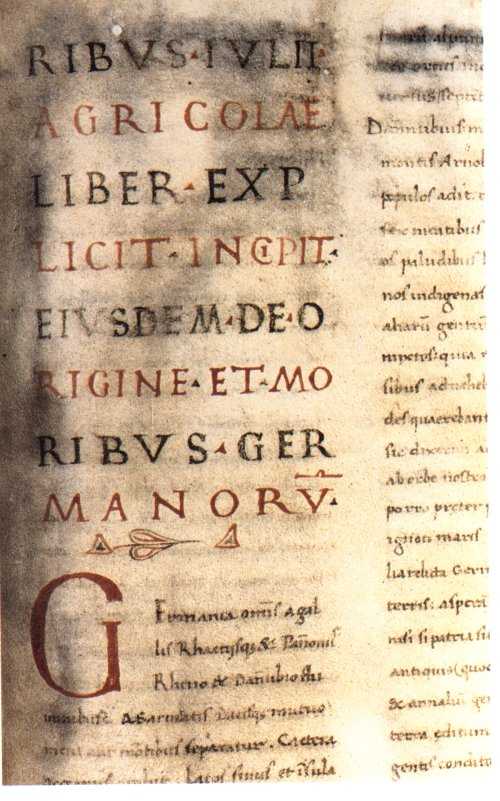 In the category of History Podcasts:
In the category of History Podcasts: History Compass Blog (review, site, feed)
Writers are telling in short about what article they have written in the History Compass
Fact or Fiction (review, site, feed)
History stuff for the history buff.
Oxford Biographies (review, site, feed)
Spoken biographies in seven to fifteen minutes, mostly on on lesser known people.
Historicast (review, site, feed)
A short monologue style podcast with inserted audio fragments.
Backstory (review, site, feed)
A panel of historians discuss the background story of an item in the news.
Ancient History - Alternative Theories (review, site, feed)
Esoteric reconstruction of ancient history.
Pope Podcast (review, site, feed)
A one by one, pope by pope history of the papacy.
German Cultural History (review, site, feed)
Fascinating musings about Medieval German Culture and its earliest roots.
Politics and Warfare (UCSD) (review, site, feed)
Political science course exploring explanations of the first world war and others.
Podcast history of cooking (review, site, feed)
Jesse Browner's fascinating journey through the history of our diet, from prehistory until today.
In the category of Science:
Straight talk about stem cells (Stanford) (review, site, feed)
Technology, law and ethics around stem cell research.
In the category of Geography Podcasts:
Iran Podcast (review, site, feed)
Three minute installments telling tidbits of Iranian culture, mostly about the festival of Noruz.
In the category of Arts and Culture Podcasts:
Forgotten Classics (review, site, feed)
Listen to Julie reading from her classics and other selected texts.
Naxos Classical Music Spotlight Podcast (review, site, feed)
Promotional podcast for Naxos records.
Schlaflos in Muenchen (review, site, feed)
The legendary audio blog by Annik Rubens.
In the category of Religion and Spiritualiy Podcasts:
Time Out for Truth (review, site, feed)
New Age philosophy on how to live the good life, by examples of a lot of movies
Escaped from the big list in earlier versions:
Theories of Law and Society (review, site, feed)
A lawyer's encounter with Durkheim, Weber and Marx.
Paste the link
http://feeds.feedburner.com/Anne_Is_A_Man
into the RSS reader of your preference. (What is RSS? - Help on getting subscription)
I love to get new podcast recommendations. You can let your preferences know by commenting on the blog or sending mail to The Man Called Anne at: Anne Frid de Vries (in one word) AT yahoo DOT co DOT uk























